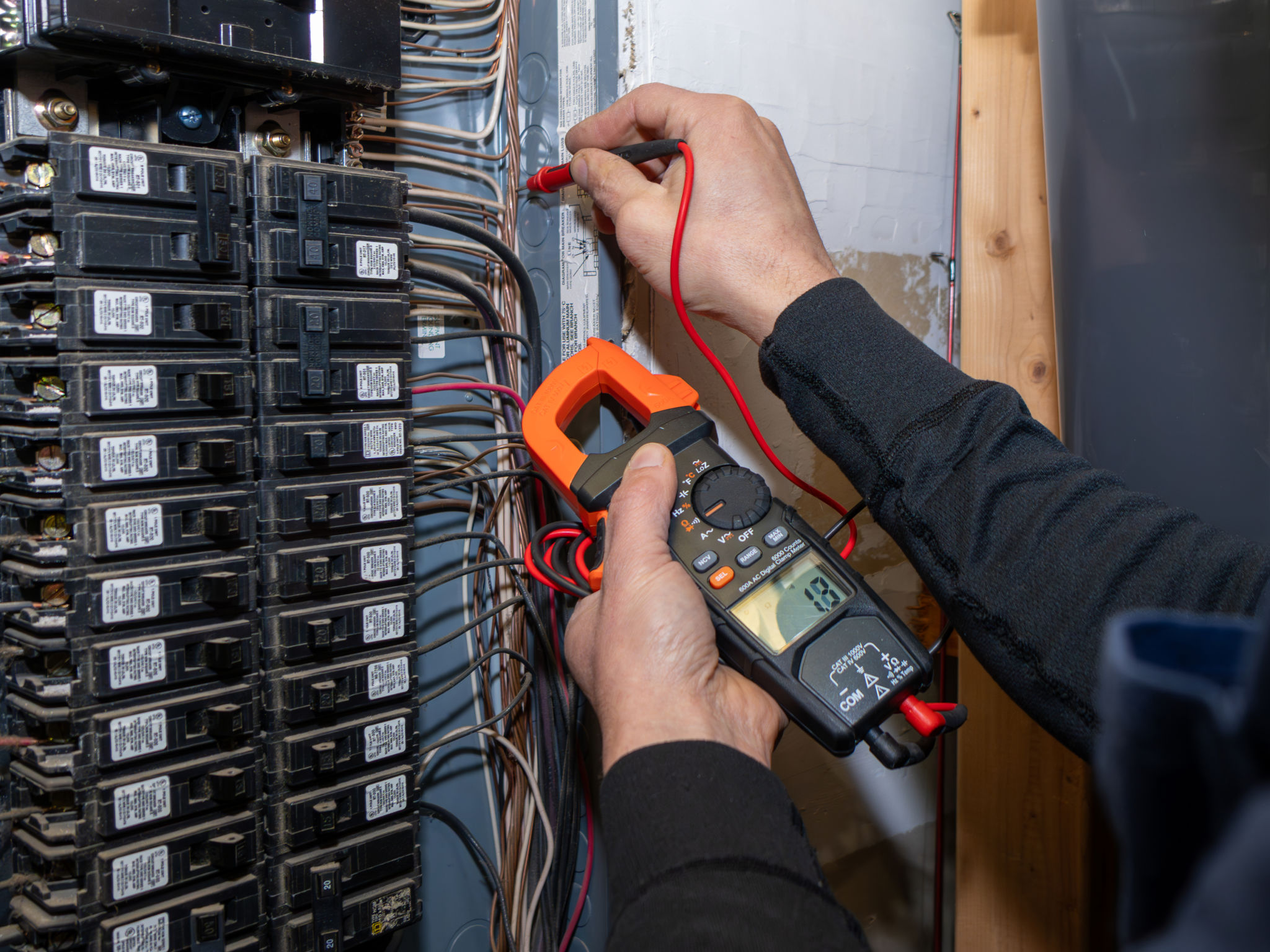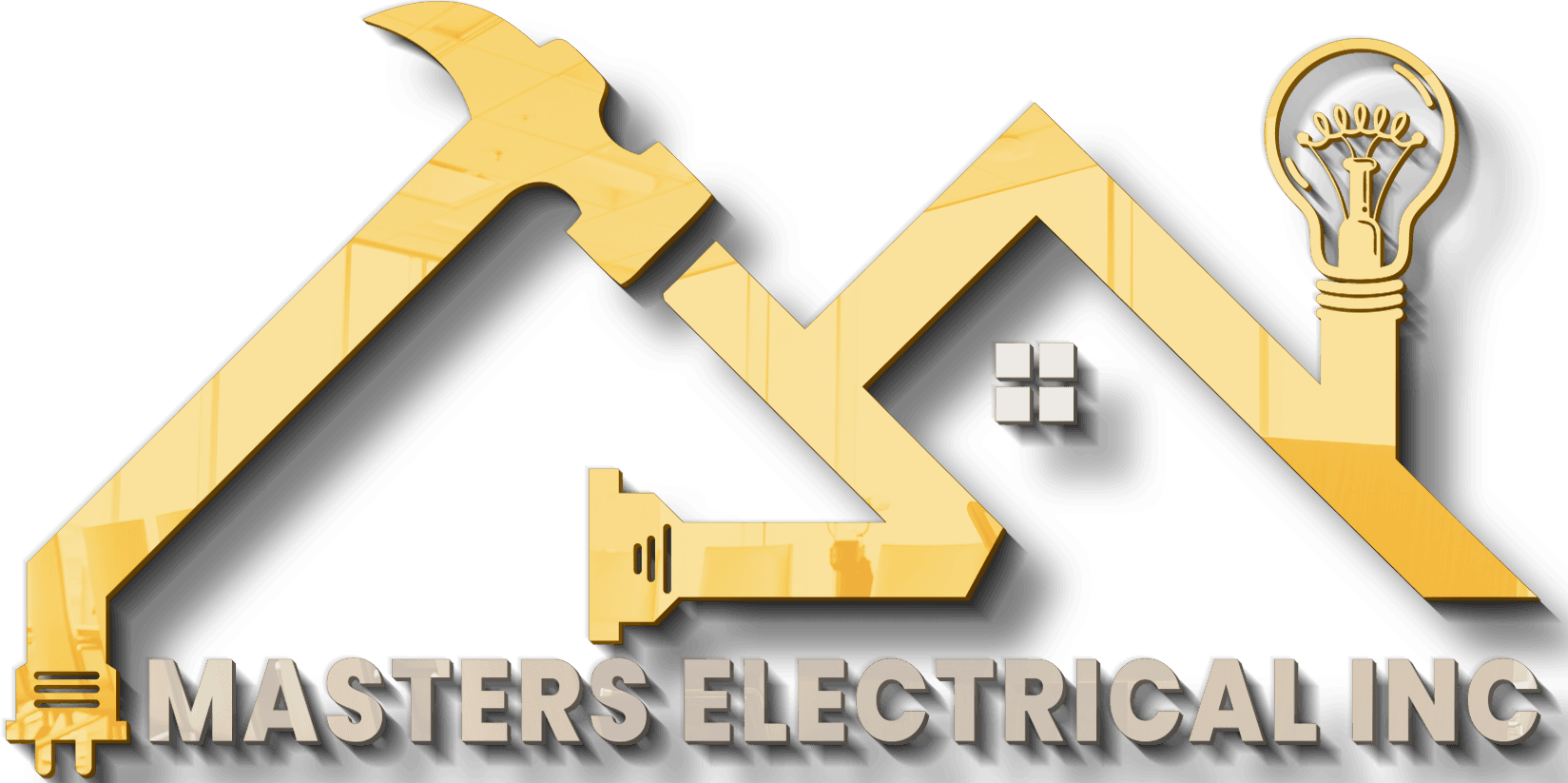Understanding Electrical Regulations in Michigan: What Homeowners Need to Know
AT
Introduction to Electrical Regulations in Michigan
When it comes to maintaining a safe and efficient home environment, understanding electrical regulations is crucial for homeowners in Michigan. These regulations ensure that electrical systems are installed safely, reducing the risk of accidents and ensuring compliance with state laws. Whether you're considering a home renovation or just want to stay informed, this guide will help you navigate the essential aspects of Michigan's electrical regulations.

Overview of Electrical Codes
The primary framework governing electrical work in Michigan is the National Electrical Code (NEC), adopted statewide with some modifications. The NEC sets the standard for safe electrical design, installation, and inspection. Michigan's unique amendments address local conditions and safety requirements, ensuring that electrical installations meet both national and state standards.
Key Modifications in Michigan
While the NEC provides a comprehensive guideline, Michigan has made specific modifications to address regional concerns. Some of these include:
- Additional grounding requirements in certain areas prone to lightning strikes.
- Specific wiring methods for agricultural buildings due to their unique environmental conditions.
- Enhanced standards for energy efficiency in residential buildings.
Permits and Inspections
Before undertaking any electrical work, homeowners must be aware that permits are often required. Electrical permits ensure that the work complies with the relevant regulations and is inspected by a certified professional. In Michigan, homeowners can perform electrical work on their primary residence themselves, but they still need to secure the appropriate permits and schedule inspections.

The Role of Inspections
Inspections serve as a critical step in the electrical work process, providing a layer of safety and validation. An inspector will evaluate the installation to ensure it meets all code requirements. This not only ensures safety but also helps avoid potential legal issues if the property is sold in the future.
Common Electrical Violations
Despite the regulations and inspections in place, electrical violations can still occur. These often result from DIY projects where homeowners may not be fully aware of the codes. Common violations include:
- Improperly sized circuit breakers or wires.
- Lack of ground fault circuit interrupters (GFCIs) in required areas such as bathrooms and kitchens.
- Incorrectly installed junction boxes leading to exposed wires.

How to Avoid Violations
To prevent violations, homeowners should either educate themselves thoroughly on Michigan's electrical codes or hire a licensed electrician for any major projects. Using professional help ensures that all installations are up to code and can save time and money in the long run by avoiding costly fixes later.
Conclusion
Understanding and adhering to Michigan's electrical regulations is vital for any homeowner looking to maintain a safe and compliant home. By familiarizing yourself with the National Electrical Code and Michigan's specific amendments, securing necessary permits, and ensuring thorough inspections, you can safeguard your property from potential hazards. Whether doing it yourself or hiring a professional, staying informed will help you navigate electrical projects with confidence.
